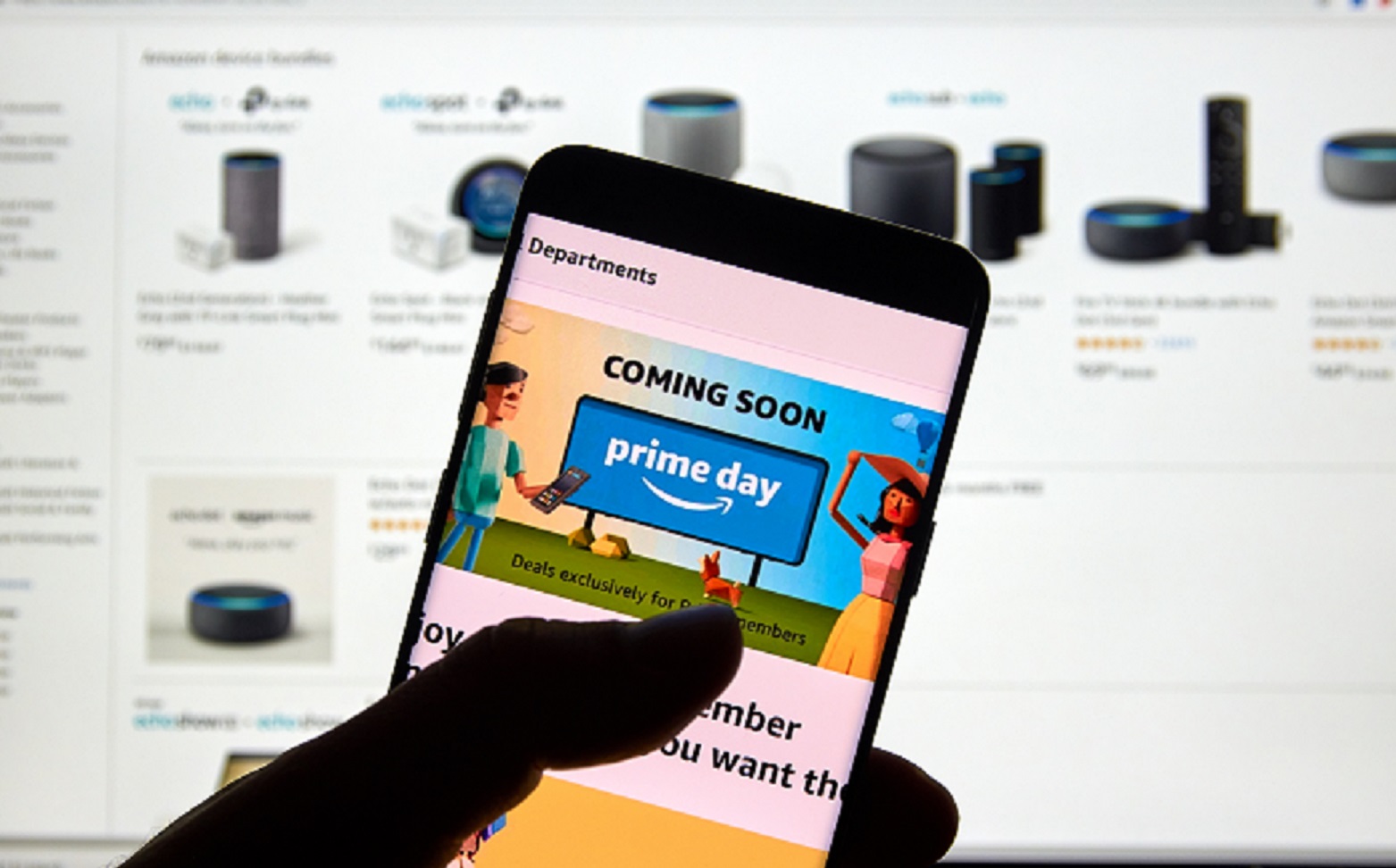COPPA Compliance in a Data Conscious World

May 10, 2018 | Article written by Carly Morris
The safety and security of our children is as important in the real world as it is on the web. But beyond teaching the next generation how to stay safe online, what measures are being taken to protect data privacy beyond their day-to-day control?
That’s where COPPA comes in. By definition, COPPA (Children’s Online Privacy Protection Act) is a law created to protect the privacy of children under 13 in the United States.
Since the act was passed by Congress in 1998, the digital landscape has changed drastically. As a result, COPPA has also evolved to address new needs for mobile apps, online games, and just about every other aspect of a young person’s digital footprint.
With data privacy on everyone’s minds, it’s no surprise that companies are taking extra precautions to play by the rules when it comes to collecting data from minors.
At Taptica, we understand the importance of working with publishers who can actively confirm compliance. We pride ourselves on total transparency and control, and we want our partners to feel the same – so we’ve compiled the key highlights of what COPPA is, why it matters, and how to ensure that your business is up to snuff.
What Is COPPA and How Is It Enforced?
COPPA, enforced by the Federal Trade Commission (FTC), requires that parents must give explicit approval before their kids can sign up or provide their personal data on a website or app.
To be COPPA compliant, companies must adhere to the following rules:
● Share an online privacy policy with information about any data collected from children
● Alert parents and get their approval before collecting any data
● Give parents the option to…
A Review and/or delete their children’s data
B) Approve of data collection but deny its distribution to third parties
C) Approve of data collection for only the amount of time it’s expressly needed
What Kind of Data Does COPPA Protect?
COPPA isn’t a means of preventing online bullying or monitoring the kinds of content that kids interact with, but it does protect them from sharing personal information without parental approval.
As a result, sites and apps that cater to children the age of 13 and under must clearly disclose what personal information they’re collecting. Under COPPA, personal information is defined as:
● First and last name
● Home or other address
● Online contact information
● Phone number
● Social security number
● Photo, video, or audio files that include a child’s image or voice
● Geolocation information that identifies street name, city, or town
Why Does It Matter?
While the outside world can be a scary place, the online world can also be filled with nefarious players when it comes to personal data. While most adults have become savvy to these digital risks, young children often lack the experience to make informed decisions about online safety.
That’s why it’s important that parents can keep an eye on where their kids’ data is going and how it’s being used.
How Can You Be Sure You’re Following the Law?
COPPA doesn’t necessarily apply to every organization that operates a website or mobile app. But, if any of your content caters to children under the age of 13 then you might want to reevaluate your compliance status.
The first step is to read up on the full breakdown of COPPA compliance standards. Only when you fully understand the law’s parameters can you begin to take the proper steps to make sure you’re aligned.
When in doubt, always refer to a professional. Data privacy is an integral part of a safe and seamless digital ecosystem for people of all ages. Make sure you’re doing your part!


